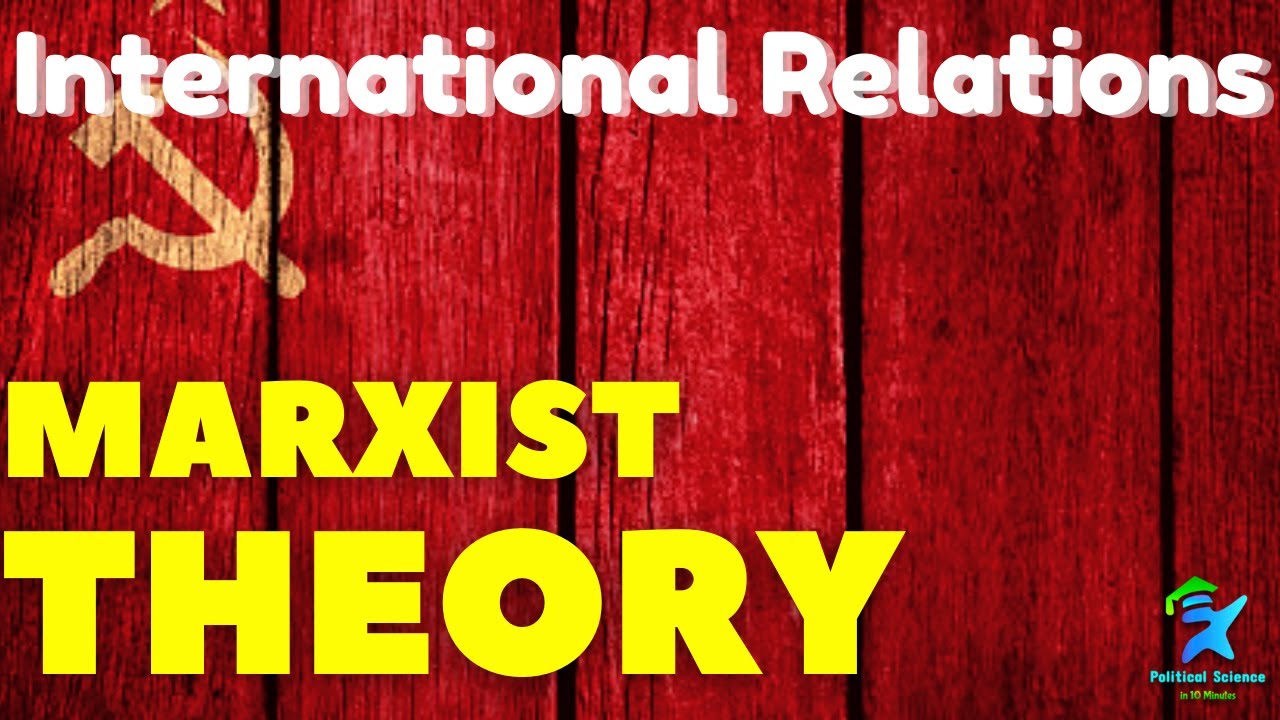A CHINA É COMUNISTA OU NÃO É?
Summary
TLDRThe video script discusses China's strong economy and its capitalist production relations, contrasting them with political relations where capital is not dominant. It highlights the difference between China's approach to international relations and that of traditional Western powers, emphasizing China's investment and construction efforts in Africa versus perceived moralizing by Western countries. The script also touches on China's competitive advantages in manufacturing, quality, and logistics, and how it has managed to avoid political interference that often hampers economic development in other countries.
Takeaways
- 🌍 The video discusses China's strong economy, emphasizing its extensive mining operations and economic growth.
- 💼 The speaker contrasts China's approach to global trade and investment with that of Western countries, particularly the US and France.
- 🇨🇳 China's Belt and Road Initiative is highlighted as a significant factor in its global economic influence.
- 💰 The speaker notes that while China has capitalistic production relations, its political structure remains distinct, with the Communist Party maintaining control.
- 🌱 There is a discussion about China's environmental impact and the efforts to reduce pollution, though it still faces challenges.
- 🏭 China's manufacturing capabilities, particularly its ability to produce high-quality goods at scale, are a key competitive advantage.
- 💡 The speaker mentions the geopolitical implications of China's economic strategies, particularly in Africa, where China's investments are often viewed more favorably than Western aid.
- 🔍 The concept of Chinese imperialism is debated, with the speaker suggesting that China's approach differs significantly from historical Western imperialism.
- 📈 Economic development theories are touched upon, with the speaker noting that China's success is partly due to its revolutionary political changes that allowed for economic independence.
- 🌎 The video concludes with a broader discussion on global economic and political dynamics, emphasizing the influence of the US and the challenges faced by other countries in achieving similar economic development.
Q & A
Why does the speaker believe China has a strong economy?
-The speaker suggests that China's strong economy is due to its capitalist production relations, where the worker and capital relations are capitalist in nature, and the country has managed to develop its strengths to be competitive.
What does the speaker think about the presence of billionaires in the Chinese Communist Party?
-The speaker finds it absurd that there are billionaires within the Chinese Communist Party, but acknowledges that these billionaires do not have as much power as one might think.
How does the speaker differentiate China's approach to entering other countries from that of the United States or France?
-The speaker notes that China's approach is more about bringing money and construction, which is seen as more beneficial compared to the sermonizing and perceived superiority that comes with European or American involvement.
What is the speaker's view on China's competitiveness in the global market?
-The speaker believes China's competitiveness comes from its ability to produce goods at a scale, speed, and quality that other countries cannot match, which allows it to dominate markets.
Why did Apple move some iPhone production back to China from India?
-According to the speaker, Apple moved production back to China because Indian workers could not produce at the same quality level as the Chinese, despite labor costs being lower in India.
What does the speaker suggest about the role of political factors in economic development?
-The speaker implies that political factors, such as interference and destabilization, can hinder economic progress, as seen in Brazil when it starts to make economic gains.
How does the speaker describe China's historical economic position?
-The speaker mentions that China was already a significant economic power before the 'Century of Humiliations', contributing to about 30% of the world's GDP and being a 'gigantic factory' in the global economy.
What is the speaker's opinion on the role of debt in economic development?
-The speaker criticizes the use of external debt for development, suggesting that internal debt, as practiced by China and Japan, is a better approach to avoid economic vulnerability to external factors.
What does the speaker say about the impact of the United States on Latin America's economic development?
-The speaker suggests that as long as the United States remains a strong influence, Latin America will continue to face economic challenges due to political subordination and interference.
How does the speaker view the current situation in Venezuela?
-The speaker does not explicitly state their view but implies that the situation in Venezuela is part of a larger confusion influenced by the presence of the United States in the region.
What is the speaker's stance on the discussion of whether China is communist or not?
-The speaker avoids taking a clear stance but suggests that China is not communist in the traditional sense but is in a stage of socialism, and its economic practices are more capitalist.
Outlines

此内容仅限付费用户访问。 请升级后访问。
立即升级Mindmap

此内容仅限付费用户访问。 请升级后访问。
立即升级Keywords

此内容仅限付费用户访问。 请升级后访问。
立即升级Highlights

此内容仅限付费用户访问。 请升级后访问。
立即升级Transcripts

此内容仅限付费用户访问。 请升级后访问。
立即升级浏览更多相关视频

Geography Now! China

HISTORICAL MATERIALISM EXPLAINED | A Marxist Theory of History

The U S Taiwan China Triangle – Strategic Flashpoint in Global Politics 1

"It's Happening MUCH Sooner Than I Expected..." - Kishore Mahbubani

Marxist Theory of International Relations | Marxist Approach | International Relations Theory

Davos 2022 | Adam Tooze On How China As Dominant Global Economy Will Impact World Order
5.0 / 5 (0 votes)
